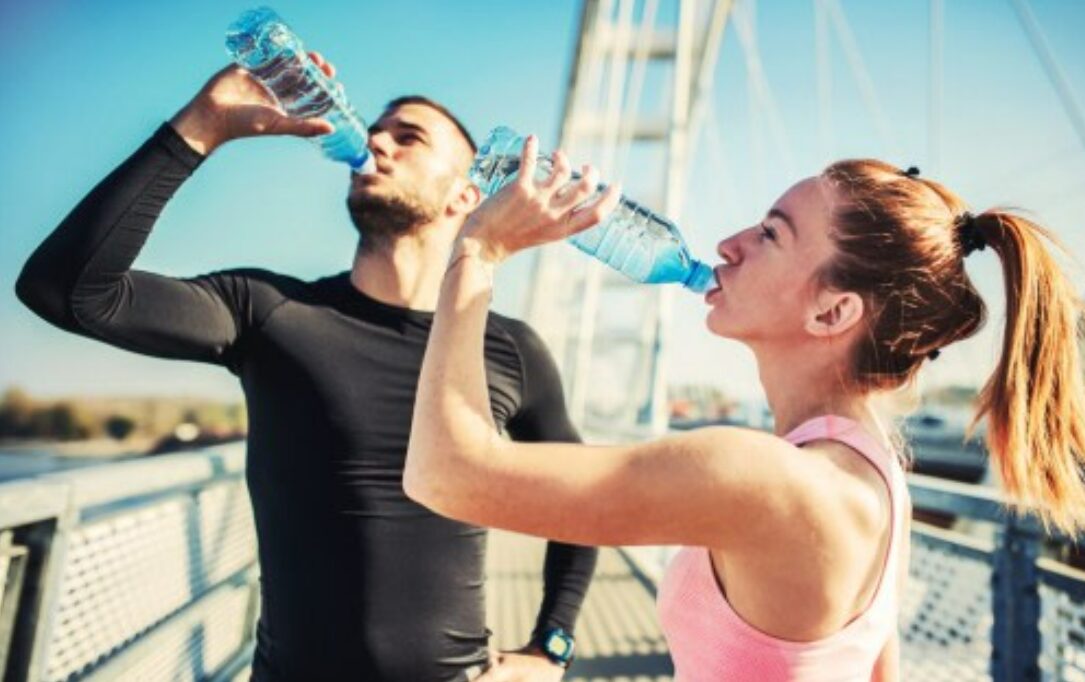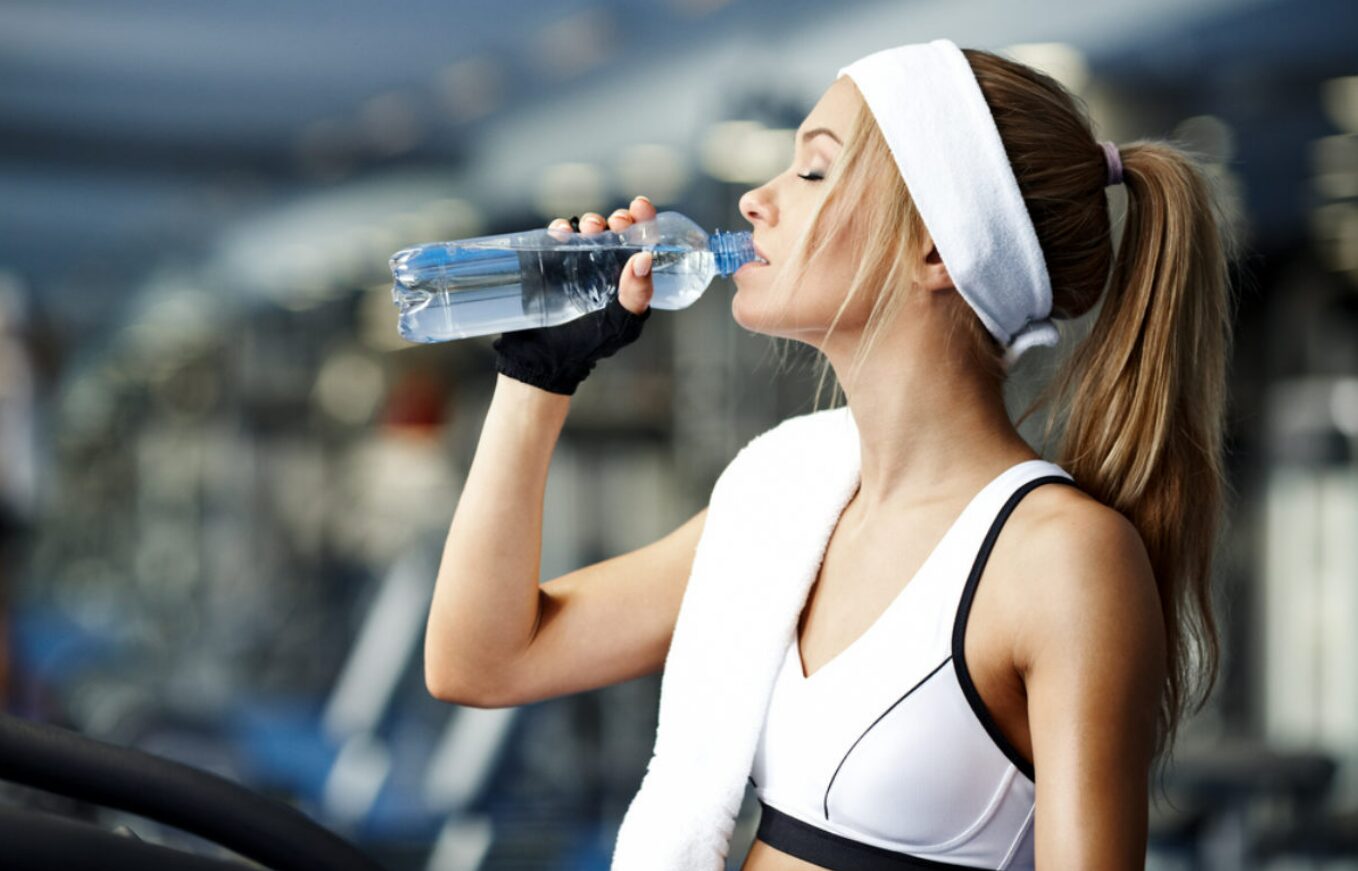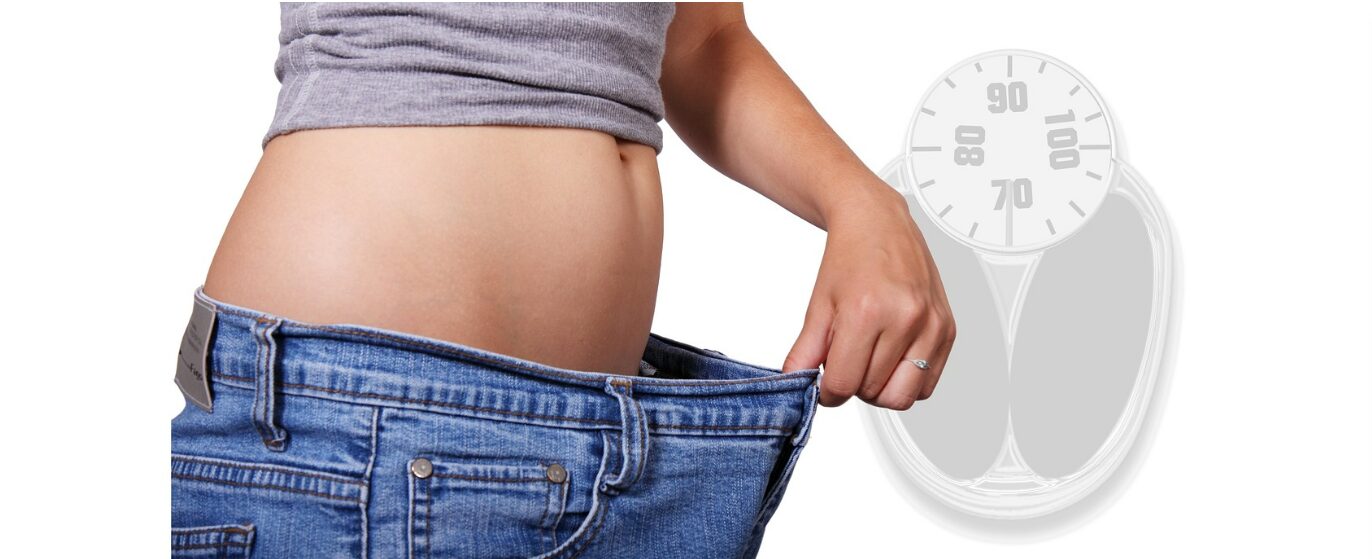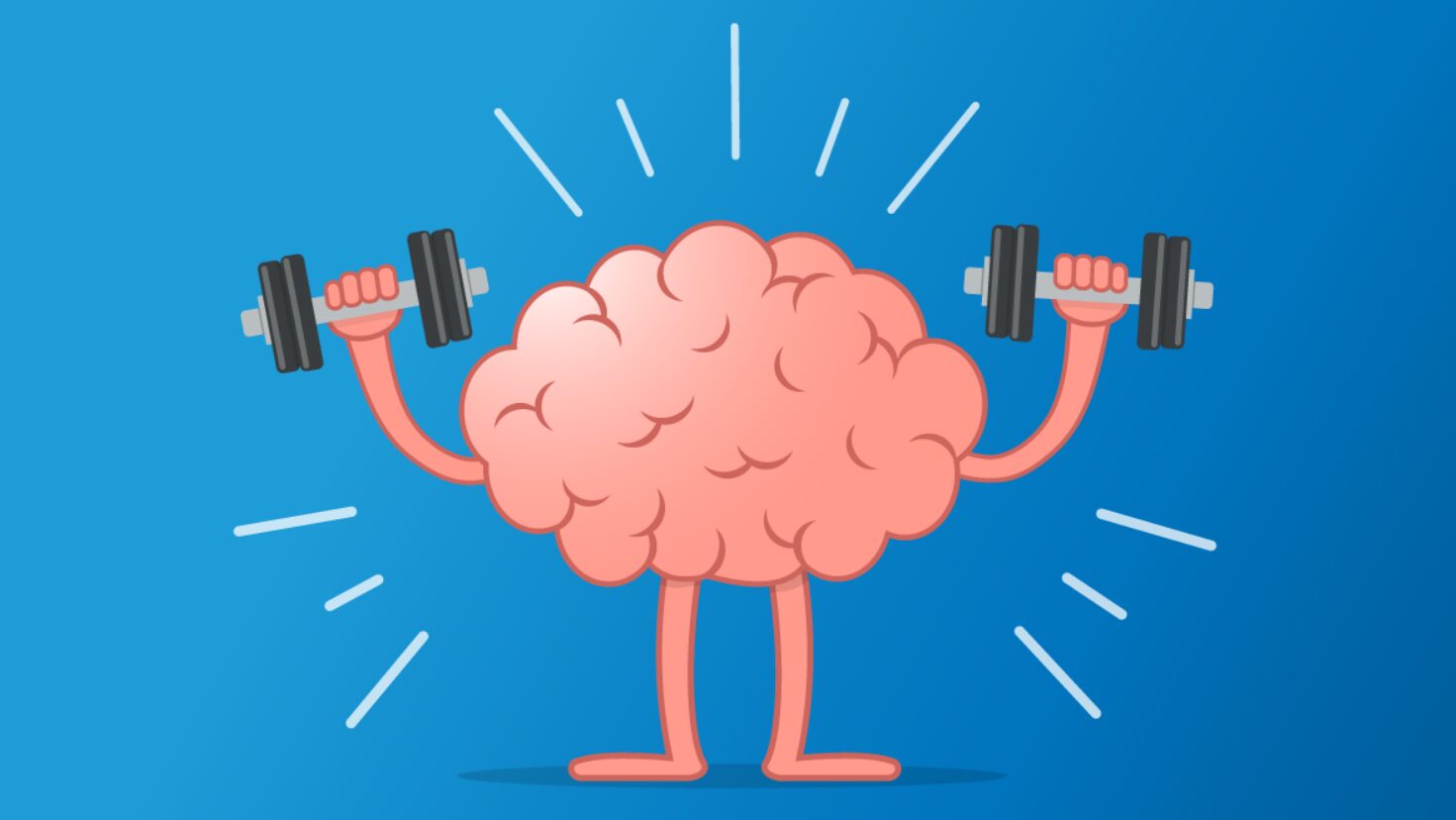Hydration and Exercise
Staying hydrated and maintaining a consistent exercise routine are two of the most important factors in achieving and maintaining optimal health. While nutrition and fitness are often discussed separately, hydration plays a vital role in supporting your physical performance and overall well-being. This article explores the relationship between hydration and exercise, providing tips on how to maximize your fitness efforts while staying properly hydrated.
1. Why Hydration is Essential for Fitness
Water is the foundation of life, and staying hydrated is critical, especially when you’re physically active. During exercise, your body loses water through sweat, and if you don’t replenish it, you can experience dehydration, which impacts your performance.
- Tip: Aim to drink water before, during, and after your workouts to stay hydrated.
- Fact: Even mild dehydration can lead to reduced endurance, increased fatigue, and impaired focus.
- Why It’s Important: Proper hydration supports muscle function, regulates body temperature, and prevents cramps, ensuring you perform your best during exercise.
2. The Role of Hydration in Muscle Recovery
After exercising, your body enters a recovery phase where it repairs muscle tissues and replenishes energy stores. Hydration plays a crucial role in this process by aiding nutrient transport and helping flush out toxins.
- Tip: Drink water within 30 minutes after working out to support recovery.
- Why It’s Important: Staying hydrated after exercise helps reduce muscle soreness and speeds up recovery, allowing you to bounce back quicker for your next workout.
3. How Much Water Should You Drink?
The amount of water you need depends on various factors like your body weight, the intensity of your workout, and environmental conditions. While general guidelines suggest 8 cups of water a day, you may need more if you’re regularly active.
- Tip: A good rule of thumb is to drink half your body weight in ounces of water daily. For example, if you weigh 150 pounds, aim for 75 ounces of water per day.
- Why It’s Important: Drinking enough water daily keeps your body hydrated, supports digestion, and ensures your energy levels remain stable.
4. The Benefits of Exercise for Overall Health
Regular physical activity offers countless health benefits beyond just physical fitness. Exercise improves cardiovascular health, strengthens muscles, boosts mood, and even enhances mental clarity.
- Cardiovascular Health: Regular exercise strengthens your heart, lowers blood pressure, and reduces the risk of heart disease.
- Mental Health: Physical activity releases endorphins, the “feel-good” hormones that reduce stress and anxiety.
- Why It’s Important: A consistent exercise routine helps prevent chronic diseases and promotes mental well-being, keeping you fit both physically and mentally.
5. Combining Hydration with a Balanced Fitness Routine
Hydration and exercise go hand in hand when it comes to achieving your fitness goals. Whether you’re training for endurance, building muscle, or simply staying active, hydration supports every aspect of your performance.
- Tip: Pair your workouts with a balanced nutrition plan that includes electrolyte-rich foods like bananas, leafy greens, and coconut water to replenish lost minerals.
- Why It’s Important: Electrolytes, like sodium and potassium, are crucial for hydration and muscle function. Replacing them after exercise ensures you recover effectively and maintain your energy.
6. Signs of Dehydration During Exercise
It’s important to recognize when your body needs water, especially during workouts. Common signs of dehydration include dry mouth, dizziness, and dark-colored urine.
- Tip: Keep a water bottle handy and take small sips throughout your exercise to avoid dehydration.
- Why It’s Important: Dehydration can lead to serious health issues like heat exhaustion or heat stroke, particularly during intense or prolonged activity.
7. Simple Fitness Tips to Stay Active
Even if you have a busy schedule, you can integrate fitness and hydration into your daily life. Here are a few simple tips to help you stay active and hydrated:
- Tip 1: Take short walks during your work breaks to keep moving throughout the day.
- Tip 2: Set reminders on your phone to drink water every hour.
- Tip 3: Carry a reusable water bottle with you everywhere to stay hydrated on the go.
- Why It’s Important: Small lifestyle changes make a big impact on your long-term health, ensuring you stay active and hydrated without disrupting your routine.
Conclusion
Hydration and exercise are two essential components of a healthy lifestyle. By staying properly hydrated, you’ll not only improve your physical performance but also enhance your recovery and overall well-being. Prioritize both aspects in your daily routine to ensure optimal health and fitness.








Leave a Reply